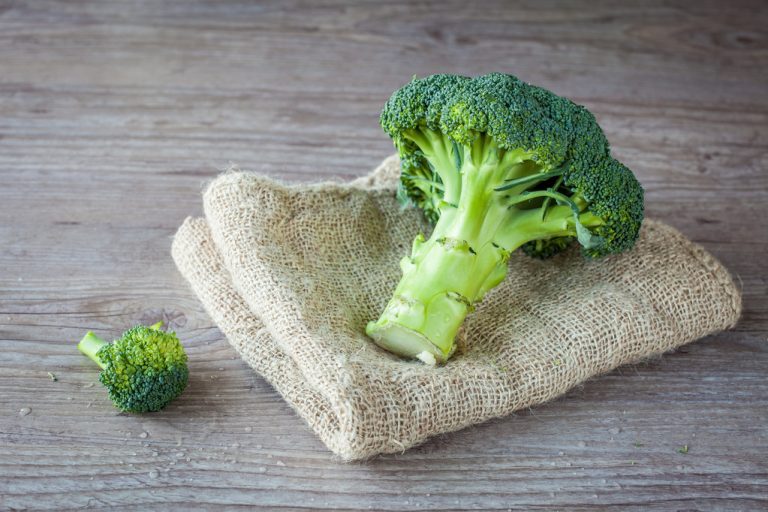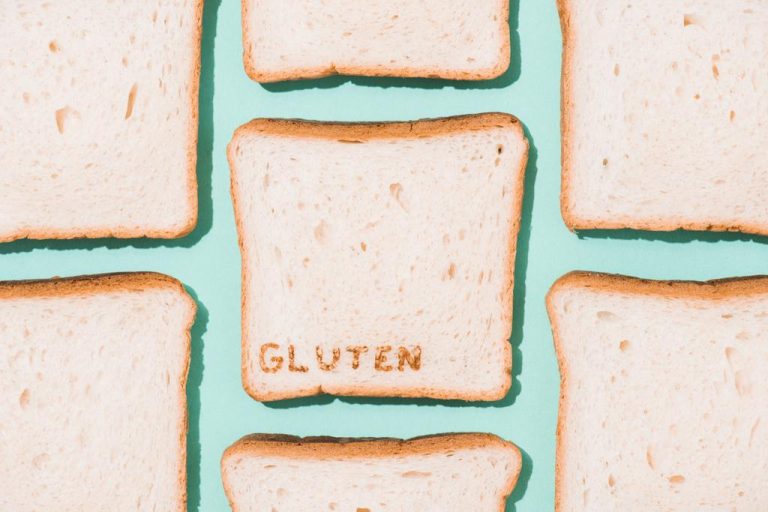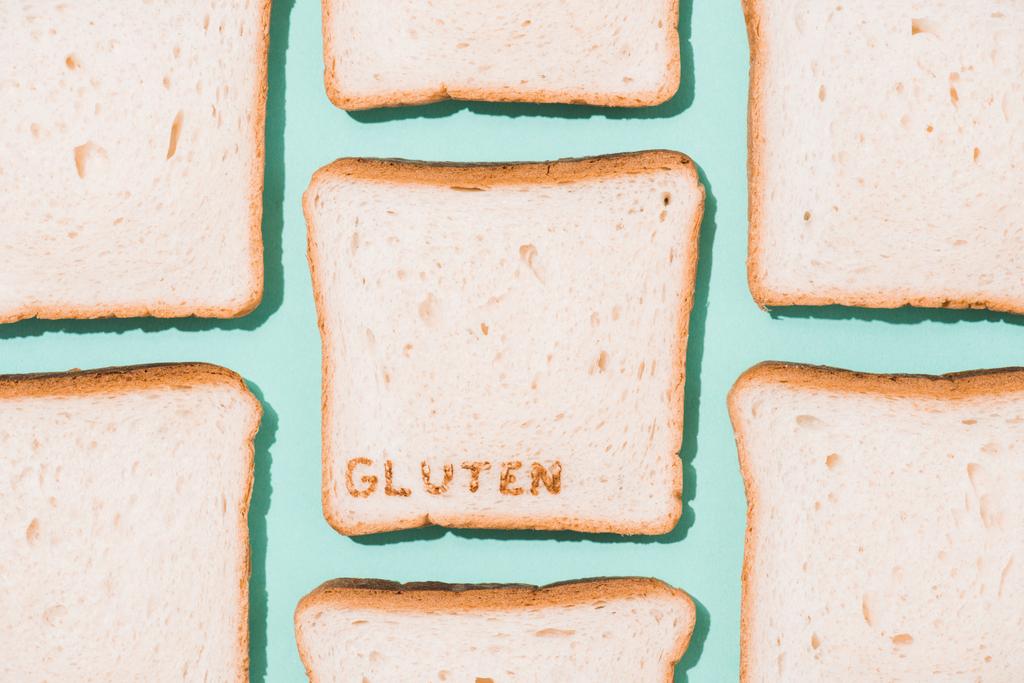Both coffee and tea have many different health benefits. These drinks can also protect against heart disease.
Coffee and tea prevent heart disease. But can they also protect against a heart attack?
Even if you might not think so at first, coffee and tea have a lot in common. Depending on which varieties you drink, you can perceive different effects on your own body: They are among the pick-me-ups, are healthy due to the many vital substances and can also help you lose weight. They are also said to prevent depression and provide relief for mild headaches. In addition, coffee and tea are said to protect against heart disease. How exactly do these drinks affect health? And can they protect against a heart attack?
How do coffee and tea affect heart disease?
Tea and coffee drinkers can now have another reason to reach for their favorite beverage on a regular basis. Because Dutch scientists have now proven that regular consumption of coffee or tea reduces heart disease. This was supported by further analysis that built on previous studies. Studies from that time showed that heart disease appears to be reduced by coffee and tea consumption. However, there was no clear evidence of the impact on the risk of stroke or fatal heart disease. This connection has now been examined more closely in the form of further studies and the results have been revealing. 37,514 Dutch women and men between the ages of 20 and 69 were analyzed for 13 years. Although the tea drinkers were not specifically asked about their preferred type of tea and categorized accordingly, 78 percent of the tea consumed in the Netherlands is black and 4.6 percent is green tea. Accordingly, it was assumed in the analysis that the results relate primarily to the regular consumption of black tea. Other criteria such as gender, age, physical activity, alcohol consumption or diabetes were also taken into account.
In the course of the long-term study, the subjects had the following abnormalities with regard to their hearts: 1,881 subjects developed heart problems, of which 563 suffered a stroke and 1,387 of the coffee and tea drinkers had general heart problems. There was also a total of 1,405 deaths, 70 of which were caused by stroke and 123 by heart disease. The researchers were able to establish a connection between the consumption of tea and coffee and heart disease. A high consumption of tea is healthy for the heart, because those who consume an average of six cups of tea a day reduce the risk of suffering from heart disease by 36 percent. The results were similar for coffee drinkers: Those who drink two to four cups of coffee a day – which is considered a healthy amount – reduce the risk by 20 percent.

Protection against heart disease from coffee and tea
These studies by the Dutch researchers show that coffee and tea help reduce the risk of heart disease. So if you drink a certain amount of coffee or tea every day, you reduce the risk of suffering a stroke or heart disease over a longer period of time. However, heart patients in particular should pay attention to unwanted effects such as cardiac arrhythmias. These can certainly arise from the consumption of coffee or black or green tea. However, the impact of other types of tea on health was not addressed in this study.













